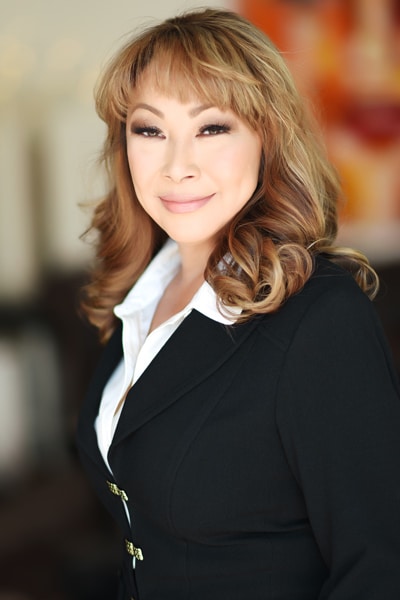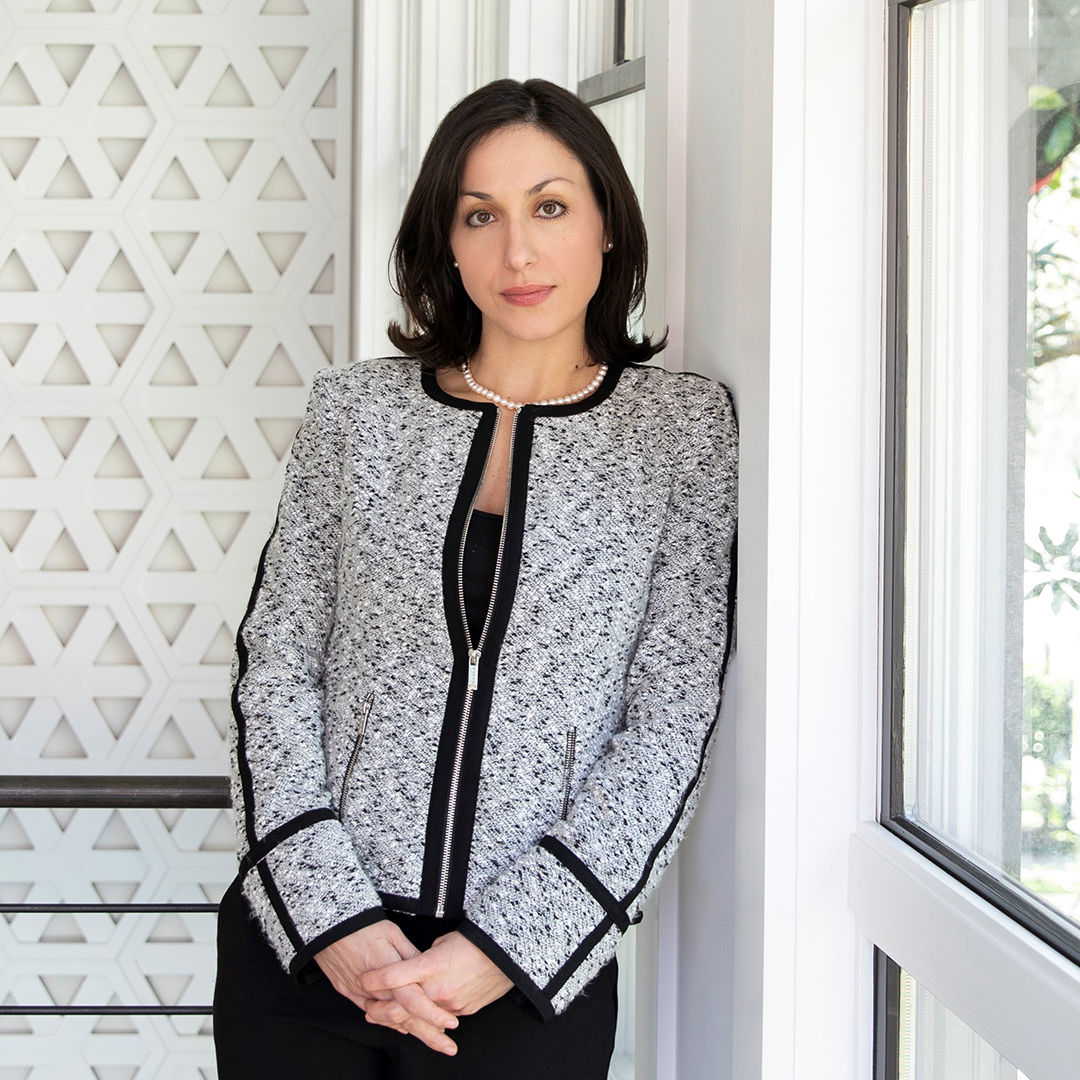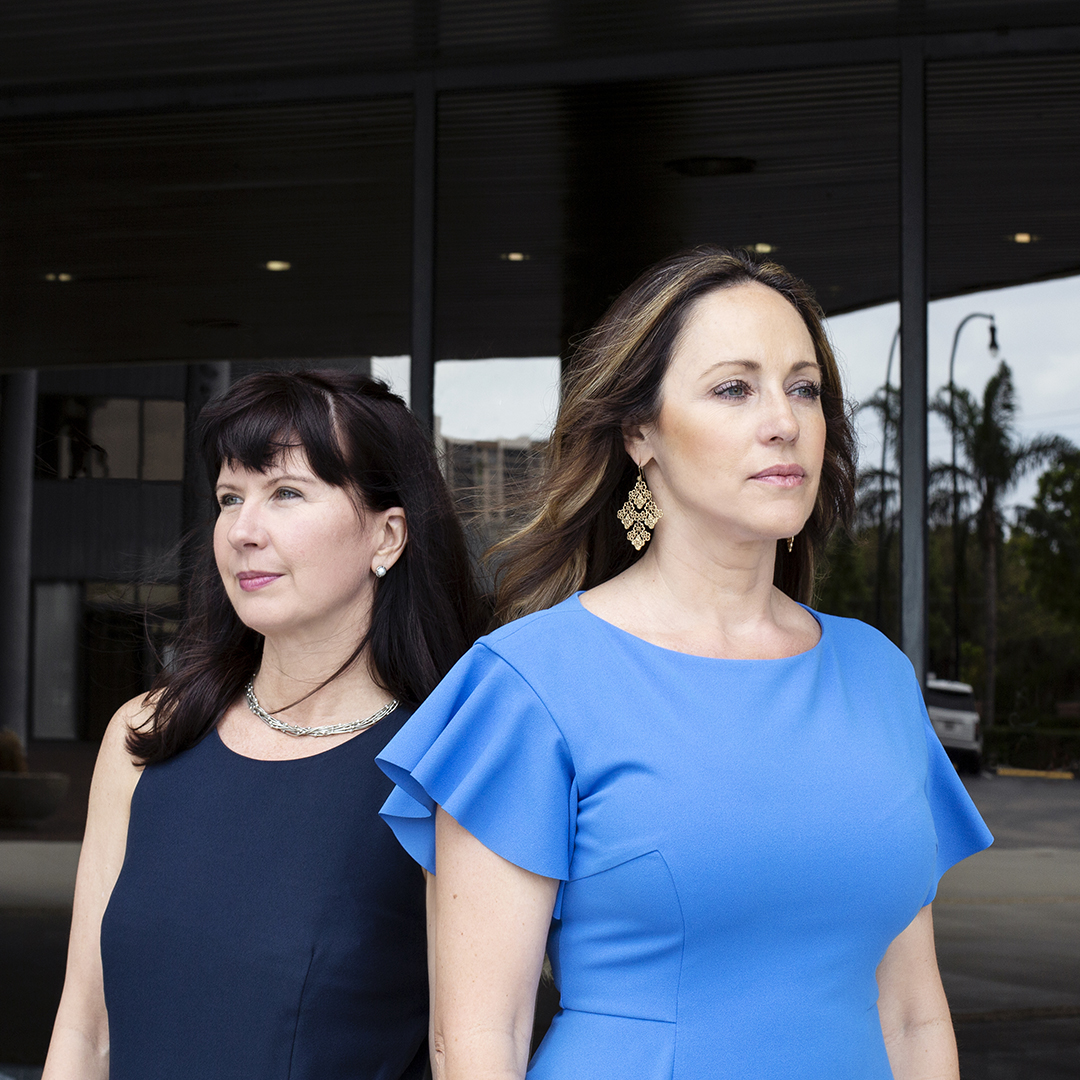Lily Hughes is an accomplished attorney working for Arrow Electronics, a Fortune 500 company. Because of Hughes’s unique and international perspective as a member of the Global Board of Directors for the Association of Corporate Counsel in addition to her commitment to women’s initiatives, Hughes has been selected to act as guest editor of Modern Counsel’s women’s issue. Hughes shares Modern Counsel’s excitement about the evolution of the in-house role with women at the forefront, leading and directing in-house legal teams at the highest rates in history. Throughout our feature section, Hughes provides her insights on the narratives of notable women in legal leadership and sheds light on what’s to come for the ever-evolving legal industry.

As a female immigrant from Hong Kong and an accomplished in-house counsel, how have you navigated a profession in which your identity isn’t largely represented?
My family won the lottery in 1974—the immigrant lottery, that is. My parents had great courage and foresight to leave everything and everyone behind for a bigger dream: better education for the next generation. Even though he did not speak English, my father had inner strength and work ethic second to none. In East Los Angles, my father repaired shoes by day and took three buses to another town to work as a busboy at night. When the Los Angeles bus drivers and mechanics went on strike, my father walked and hitchhiked to and from work for many months in the evening.
My mother did piecemeal sewing work from home. My sister and I took the bus with my mother every weekend to downtown Los Angeles to pick up pieces of clothing to sew. We helped her put the pieces neatly together for her to sew and deliver back to the factory the following weekend. She received just a few pennies for each garment. But we were grateful to be in America and for any work available.
My father lost both his jobs, but my parents refused to go on welfare. Instead, my father hustled, selling my mother’s homemade curry pastries on the streets and from store to store. They were delicious, by the way.
Their courage and grit even in the midst of the worst of circumstances provided a solid foundation for my childhood. As the translator for my parents, who did not speak English, and being the first in my family to graduate from high school, college, and graduate school, I was forced to be responsible, mature, and a leader at an early age.
I am grateful for and learned much from my humble beginnings. I learned from my parents that adversity and difficulties in our personal and professional life are not stories of setbacks, but setups for opportunities to grow stronger and to help others do the same.
Persistence, hard work, focus on excellence, and most importantly, the grace and encouragement of many people along the way have brought me to where I am today professionally. I think it was incredibly important to my career and personal success that I faced the challenges I did.
What are the most prominent challenges women face in the legal profession today?
In January 2018, the ABA’s Commission on Women in the Profession found that our ranks have increased to 35 percent of all US lawyers. Forty-five percent of us are associates in law firms, but women equity partners are still only 19 percent of all partners across the US. There are some encouraging numbers—federal and state judgeships have moved up to 27 percent women, and women are general counsel in 28 percent of Fortune 500 companies. But we are 49 percent of law school students today, so we still have quite a long way to go.
Our focus and challenge going forward is not just continuing to increase the number of women in the legal profession in positions of power and influence. We must be paid the same for the same work and for the same titles as men.
In a comprehensive in-house compensation study published in July 2018 by the Association of Corporate Counsel (ACC), a global legal association representing more than 43,000 members in 85 countries, the compensation gap between men and women remains significant at the highest levels of law department leadership today.
The median total for women chief legal officers and general counsel is 78 percent of the median total compensation earned by men holding the same titles.
And it’s more glaring for men and women of color in terms of racial and gender bias and pay.
I urge you to read a significant report with important statistics published jointly by the Minority Corporate Counsel Association and the ABA’s Commission on Women in the Profession called “You Can’t Change What You Can’t See.” Fifty-eight percent of women attorneys of color and half of Caucasian women lawyers surveyed say they have been mistaken for administrative staff or janitors.
I believe we can change this.
Women in law firms and in the judiciary, you can help by increasing opportunities for—and mentoring—the next generation of women leaders.
I am hopeful that we will work together to close the gaps in pay and end gender and racial bias in our lifetime.
An open letter was recently signed by 170 corporate counsel urging law firms to embrace diversity in the workplace. What is your perspective on the landscape of diversity in this profession?
All of us who are in-house counsel have the opportunity to help women in law firms. We can make the effort to seek women to do more of our outside counsel work and make sure they get internal credit for it. We know that there are smart, capable women lawyers in firms, and if we need further incentive, studies have shown that their rates are lower even in the same firms.
As women general counsel, we have the inside track. We should use our influence to open up more opportunities for women to be considered for positions of power and influence in the legal departments, in C-suites, and in the board room.
A key differentiator of being in-house counsel is balancing legal obligation with business objectives. Who has been a core influence on your approach to successfully maintaining this balance?
We have to be curious and open to continuous learning. We must be business partners who happen to have legal expertise. We must extend ourselves and have a broad, deep understanding and passion to build a successful business. We cannot just stay within our siloed legal lane.
During this process, which requires building strong relationship-building skills across functions, as women lawyers, we have to walk a fine line of not appearing too strong and not appearing too weak. We all know it’s not fair, but we can’t fix that tonight. But we can work on ourselves so we can feel greater personal strength, and we can help each other do that. Increasing our self-confidence helps us to be more open, less threatened, and less threatening in stressful situations.
In 2013, the Harvard Business Review addressed that question in an article called “Connect, Then Lead.” The article’s authors include Amy Cuddy, a Harvard social psychologist whom many of you know from her 2012 famous TED talk on power poses and as a bestselling author.
A growing body of research suggests that the best way to influence—and to lead—is to begin with warmth. When we feel confident and calm, we project authenticity and warmth. We are going to connect better with people, and our ability to influence increases significantly. Warmth is like WD-40. It smooths relationships and softens hearts. It leads to trust. When we connect first, with warmth, we generate greater trust, which gives us a better opportunity to help influence attitudes and beliefs because people are more open to hearing our message.
Let’s be frank: this is not what most of us do, especially as women lawyers.
Instead of focusing on connecting with people first, we work hard to demonstrate we are strong and competent first. We work the longest hours. We are the first to tackle a challenge.
Our natural inclination is to focus on showing our competence and strength first, even though research shows that first thing we look for in others is whether the other person is trustworthy. So remember: to have greater influence, first Connect, then Lead.
There’s talk of an “exodus” of women leaving firms to move in-house for a variety of reasons, including work-life balance, having a proactive role in business decisions, and working in a dynamic team setting. Working as a woman in a male-dominated field comes with its learning curves. What have been the most notable challenges you’ve had to overcome as you transitioned in-house?
The biggest lesson I have learned is to have faith that the most difficult challenge I was facing might feel insurmountable in the moment, but it, too, shall pass. I have learned to have the right perspective, asking myself if what I am worrying about will matter next week, next month, next year? I make sure I have the right resources to help guide me. I have also learned to proactively choose joy in the midst of challenges. I may not be able to change a difficult circumstance or problem, but I can choose my attitude toward it, which is to be positive, optimistic, and confident that I have the strength and courage to get through any difficulty.
In a recent keynote speech, you identify “Why not me?” as a phrase of encouragement for not only yourself but other women in the legal community. Can you share an experience of yours where this phrase supported your decision making and ultimately helped you in overcoming adversity?
It’s a question that I have found to be inspirational to me. So much so that I have it on my iPhone and I pull it out every now and then when I need to be encouraged. “Why not me?” These three words ignited a fire in my belly in my journey to be general counsel. My journey has taken me from a tiny room behind a shoe store in Kowloon City to being the chief legal officer of a public company with a market cap of more than $38 billion. It took years of courage to remind myself that the child of a shoemaker could be who I am today.
I urge us all to ask ourselves the critical questions. Why not me when it comes making partner? Equity partner? Managing partner? Why not me when it comes to equal pay? Why not me when it comes to getting the best assignments? Why not me when it comes to being the chief? Chief justice, chief legal officer, chief executive officer? Chairman of the Board? Speaker of the House. Senate Leader. President.
As we move into the next decade, how do you foresee the future for women in corporate law evolving?
I am very hopeful that we will have increased positions of power and influence in the legal profession, and most importantly, are paid the same as men doing the same work.
Mathematician Edward Lorenz talked about the “butterfly effect”—a simple idea that explains how chaos theory works. Suppose that, in Brazil, a butterfly flaps its wings. As it flaps its wings, it shifts tiny amounts of air near it, causing a domino effect that eventually leads to tornadoes popping up in Texas. It is a good picture for us to keep in mind that the small changes we each can make happen will give rise collectively to a big tidal wave of change.
If we each give more time to help others, even when we do not think we have the time, it will be the critical difference.
When we choose to help others, I promise you, there will be others who you could not imagine will choose to help you, and it will happen in the most unexpected and extraordinary ways. So give more time to help others—you will never regret it.
Additional reporting by Caitlin McManus and Kelly Stapleton.


